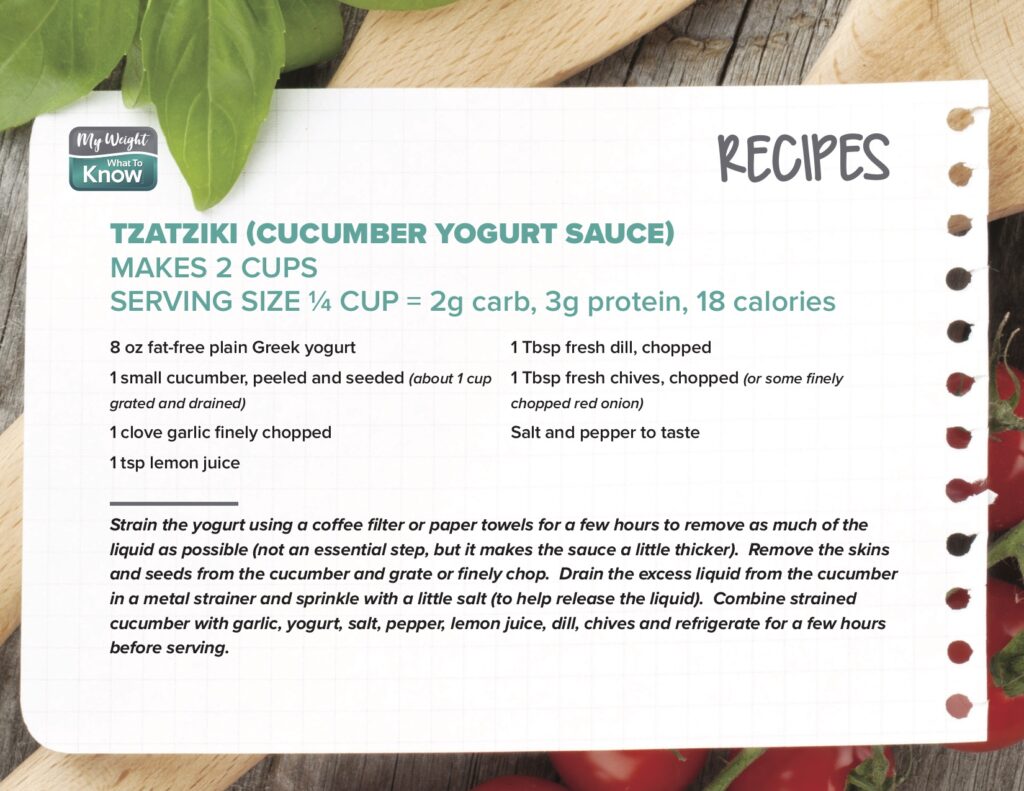By Melinda Maryniuk, MEd, RD, CDCES
Rates of obesity and excess weight in children and adolescents are increasing around the world—and the truth is that our environment can make it really challenging to eat healthy and get enough movement for all of us, kids included. It can take active and vigilant work to go against the tide and resist the constant advertisements for fast food and ultra-processed foods; marketing, it’s worth noting, that is particularly targeted at kids.
The good news is that the habits that kids learn at home can last a lifetime. Here are ten suggestions for modeling and establishing healthy habits for your whole family. And you can feel good knowing that by providing a good foundation and making healthy habits routine, you’re laying the groundwork for long-term good health for your children.
Plan, cook and eat together
Food is such a central part of our lives, but in today’s fast paced world, we rely more on quick meals, frozen foods and take-out. This usually leads to too many calories, not to mention added sugars, salt and fat. Get input from your kids on new recipes to try. Teach them how to read a nutrition facts panel label. Set aside at least one night a week when you all cook together. You’ll be surprised what they are willing to taste if they’ve had a hand in making it!
Make meal time special
Meal prep can be an important time to connect as a family. From washing vegetables to setting the table, consider setting up a chore chart so everyone has a role. Sitting together and sharing the day’s activities can be special, bonding family time. Don’t eat in front of the TV or hidden behind a book.
Fit in more fruits and veggies
As adults we know the importance of eating more fruits and veggies, but this is not often valued by our kids who think that a snack must be sweet or salty. Make the better choice the easy choice by keeping healthy snacks (such as Cuties or Clementines, baby carrots with hummus or guacamole, and frozen banana bites) handy. Swap out oil in some of your baking recipes for an equal amount of applesauce. Slip more veggies into soups, stews and marinara sauces where they’ll hardly even be noticed! Ever notice how a few handfuls of fresh spinach cooks down to almost nothing?
Grow it yourself
You might be lucky enough to have room for a garden where you live or a community plot shared with neighbors. Solicit ideas from your family of what to plant this year. Just like cooking, kids are more likely to eat a fruit or vegetable if they had a hand in growing it. Even if you just have a balcony or some large window boxes or patio containers, you can try your hand at cherry tomatoes, radishes, bush beans, green peas and a variety of herbs such as basil, parsley and cilantro.
Walk (and move) together
Find ways you can enjoy physical activity as a family. In addition to taking walks or bike rides together, consider something new. Take an online yoga or Zumba class together. Have the kids teach you the latest dance. Can you floss? Whip and Nae Nae? Do the triangle dance? Even if you don’t do all your activities together, make sure your kids see play time as a routine part of their day where they have to move!
Limit screen time
Did you know that screen time (including television, computers and smartphones) is directly linked to increasing the risk of overweight and obesity? Instead of just taking screen time away, swap it for some “family fun” activities such as doing a jigsaw puzzle together, playing cards or a board game or taking up a hobby such as learning an instrument or growing vegetables!
Set a good example
What do your children see you do? Are you the model of good health you hope they will be? Or are you giving the message, “Do as I say, not as I do?” Children model their parents – so prioritizing exercise, minimizing ultra-processed foods, not smoking (or using any tobacco products) and limiting alcohol to one drink a day is best. If you are working hard on your own weight management plan, minimize talking about it or obsessing over what the scale tells you. Help your children learn about body positivity and self-worth no matter what number the scale shows.
Establish and stick to routines
As much as possible, having schedules and routines help set the stage for success with healthy habits. Make the week’s menus, shopping lists and go the store on a specific day (ideally, the weekend so your kids can be a part). Do some meal prep (with help from everyone) on Sunday. Set times when everyone does physical activity and when “family fun” (aka – no screen time) takes place. Keep bedtime a ritual for parents and kids alike as health experts everywhere recognize the importance of good sleep. For adults, aim for 7-8 hours a night, teenagers – 8-9 hours and for 7-12 year olds, 10-11 hours.
Talk about it
A healthy mental outlook is as important as our physical health. Encourage your children and family members to talk about their feelings – the good and the bad. The positive and the worrisome. You don’t need to have answers – but it’s most important to be a good and open listener. Recognize that mental health providers and counselors are a critical part of the healthcare team but shame and embarrassment can prevent us from acknowledging their services may be needed.
Seek Care
Keep recommended medical appointments with doctors and dentists, even if nothing hurts. Prevention is key, as is developing a friendly and trusting relationship with your care providers. Help set your children up for valuing and using medical care professionals appropriately by modeling good preventive care.
Recipes for Families




While this article provides guidance about healthy eating, it’s important to stress that for many people, diet and exercise alone aren’t enough to reach a healthier weight. The good news is that there are safe and effective medical treatments available that can address the biological issues that make sustained weight loss difficult. To find a physician near you who specializes in weight management, click here.
Get a weekly text to help you stay on track with your health goals! Click here to sign up.
This article was sponsored by Novo Nordisk Canada. All content is created independently by My Weight – What To Know with no influence from Novo Nordisk.

